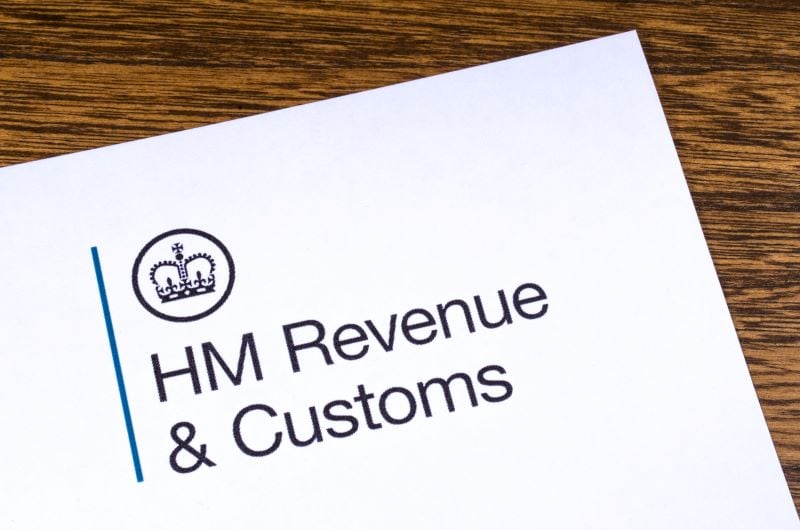HMRC umbrella company ‘checking tool’ looms for workers
Umbrella company consultation response and guidance due from HMRC, as more details come out on Tax Administration and...
READ MORE
HMRC’s compliance work generated around £9 billion less tax revenue than normal during the pandemic as thousands of staff moved to support COVID-19 schemes, according to the National Audit Office.

HMRC analysis suggests that the tax gap — the difference between the amount of money owed to and received by HMRC — could grow in the years ahead.
HMRC moved thousands of staff in its Customer Compliance Group (CCG) to COVID-19 support schemes, reducing capacity for tax-compliance work. Throughout 2020–2021, an average of 1,356 CCG staff were redeployed to the COVID-19 schemes, peaking at 4,396 in May 2020.
Recognising the pressures on taxpayers, HMRC offered them the opportunity to pause inquiries, except in cases where it suspected fraud or criminal activity. HMRC has conducted substantially fewer inquiries into suspected non-compliance since the pandemic began. It closed 29 per cent (103,000) fewer cases in 2020–21 compared with the previous year and opened 32 per cent fewer (114,000).
Pre-pandemic, tax revenues from compliance activity were, on average, 5.2 per cent of total revenues. This reduced to 5 per cent in 2020–21 — a £1.5 billion reduction. It then fell further to 4.2 per cent in 2021–22 (the lowest level since 2011–12), equating to a further £7.5 billion reduction. With revenues reaching record levels in 2021–22, the reduction in compliance yield is likely to be at least partly driven by reduced compliance work, although the impact of wider economic factors is not yet clear.
HMRC’s strategy before the pandemic increasingly focused on improving compliance by making it easier for people to get their tax right the first time, while prioritising investigations on high-impact cases of non-compliance, such as fraud or criminal activity. However, in-person visits for individuals and small businesses were one-third lower (36 per cent) in 2022 compared with 2019. HMRC is yet to assess whether these changes have affected the detection of non-compliance or the behavioural effect on attitudes to paying tax among those investigated.
Criminal prosecutions for tax-related offences decreased markedly during the COVID-19 pandemic, when many courts were unable to operate. Prosecutions had already reduced before the pandemic from around 900 in 2017–18 to around 700 in 2019–20. In 2020–21, there were 163 prosecutions, rising slightly to 236 in 2021–22. HMRC does not publish targets or expectations for overall numbers of prosecutions.
HMRC’s planning estimates show that it will be challenging to prevent the tax gap from increasing over the next three years. The cost-effectiveness of HMRC’s tax compliance work was reduced during the COVID-19 pandemic. Compliance staff generated just over £1.1 million in tax revenue per staff member between 2020–21 and 2021–22, compared to £1.3 million per staff member in the five years before the pandemic. HMRC anticipates increasing compliance staff by around 2,500 between 2021–22 and 2022–23.
Testing also found that out of 400 tax-compliance cases, HMRC overcharged seven taxpayers by a total of £32 million (since corrected).
The NAO recommends HMRC improves how it estimates and reports the additional revenues its compliance work generates, including the likely extent of errors affecting taxpayers. It should ensure there is a more consistent evaluation of all types of compliance work. This should include assessing how changes during the pandemic, which it then made permanent — such as fewer face-to-face visits — affect levels of compliance.
“HMRC had to move swiftly to reallocate resources to COVID-19 schemes, as the circumstances of the pandemic demanded. However, this directly affected its ability to investigate cases of people and businesses not paying the right tax,” said Gareth Davies, head of the NAO.
“There is now a risk that more people ultimately fail to pay the right tax or escape investigation or prosecution. It is concerning that HMRC’s planning indicates that non-compliance may grow following the pandemic. The next two years are critical, and swift action is likely to be needed to stem potential losses.
“There is little doubt that HMRC’s compliance work offers good value for money, but it needs to evaluate its performance more consistently. Improving the effectiveness of HMRC’s compliance work can help maximise the amount of money available for public services in a challenging economic context.”